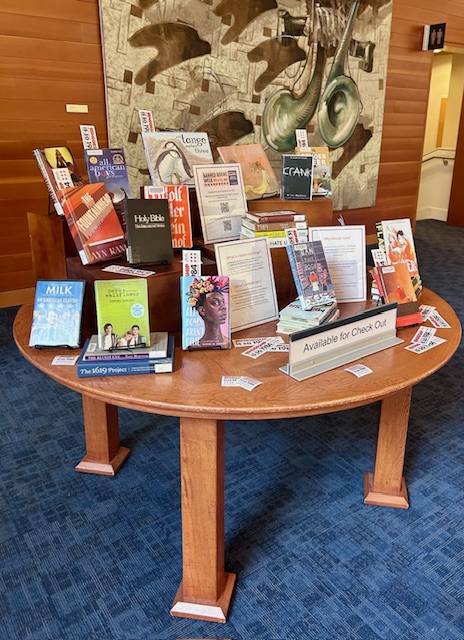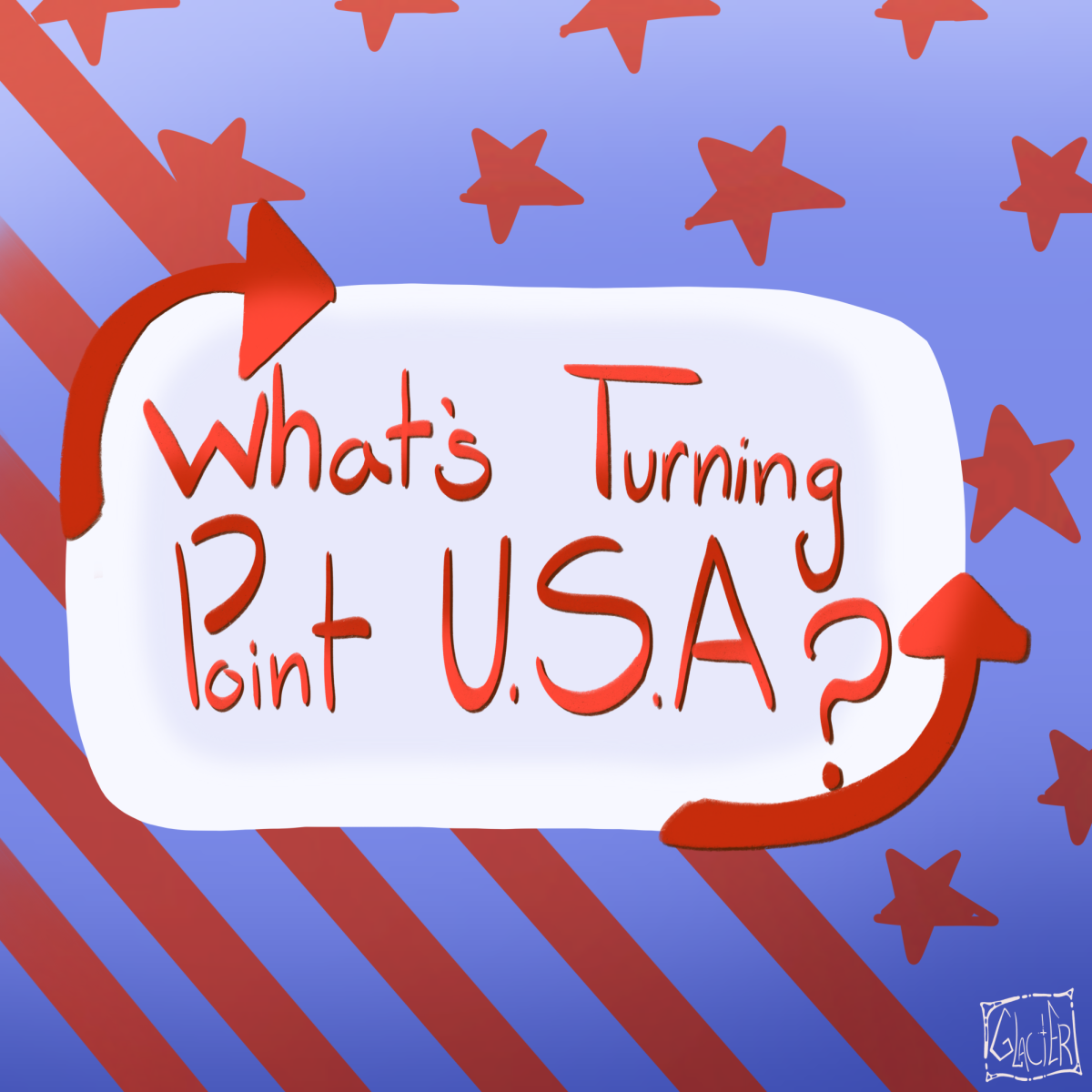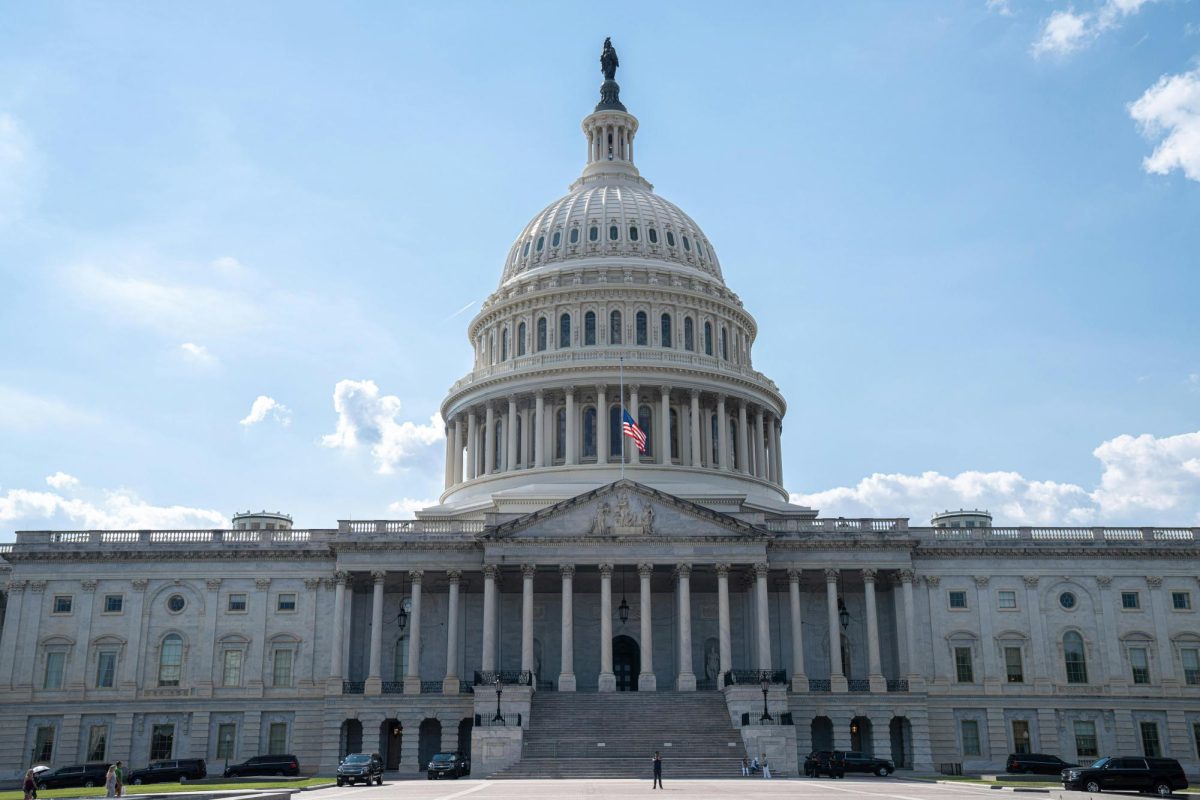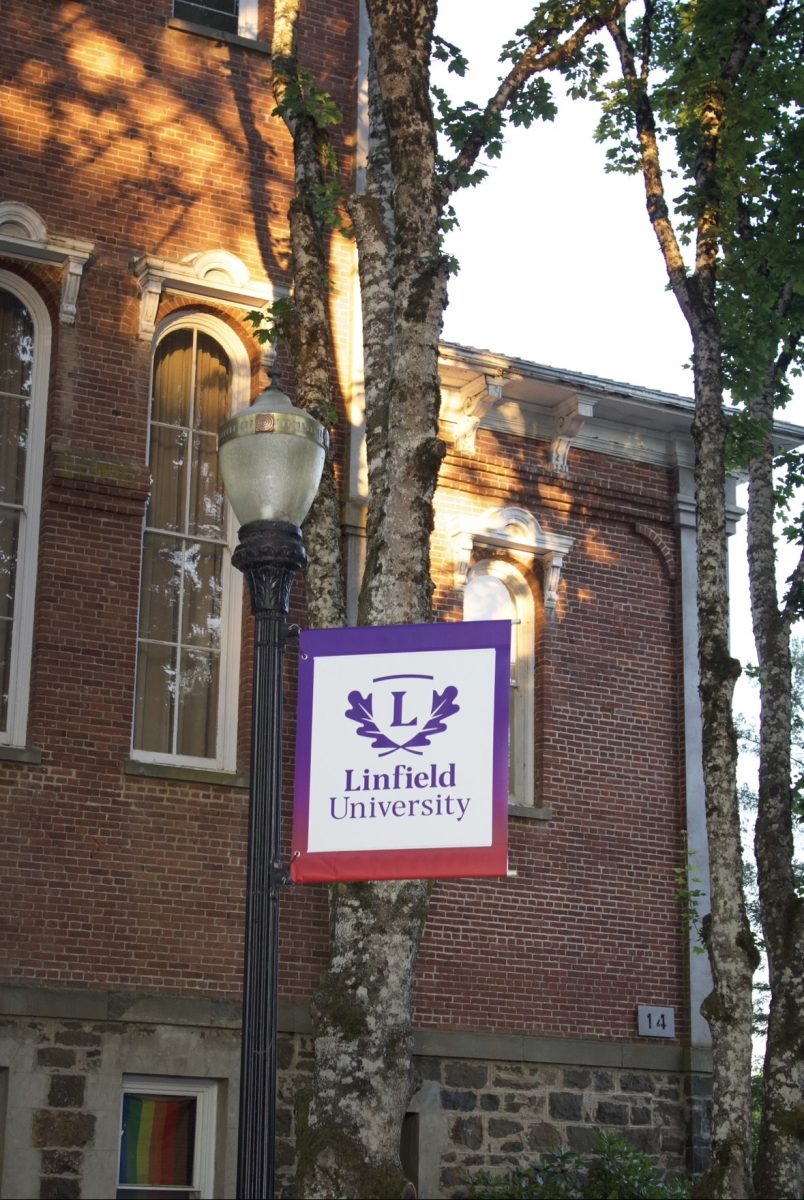During the second week of October, Nicholson Library displayed a table of books that tell a story greater than what is within them. Each fall, Banned Books Week returns to remind us that the freedom to read is never guaranteed. From classics such as “To Kill A Mockingbird” to modern bestsellers, the books that have been pulled off shelves help reflect what free speech truly means.
Banned Books Week is an annual event organized by the American Library Association (ALA) that started in 1982. According to the ALA website the event’s purpose is to “…bring together the entire book community in shared support of the freedom to read.”
The theme for 2025 is “Censorship is so 1984” inspired by the George Orwell dystopian novel that tells the story of a totalitarian society that is constantly monitored by an invisible force, “Big Brother”.
The use of this year’s theme highlights the parallels between Orwell’s dystopian society to the current U.S. climate regarding censorship. In “1984,” censorship was used by the government to control the truth and limit independent thought for the sake of maintaining public order. As more books are challenged for their content, Orwell’s warnings from decades ago, become more prevalent than ever before.
“I think anyone deserves to publish [any] kind of literature,” said freshman psychology major Natasha Simms when asked about her thoughts on book bans. “And anyone should be able to read what they want.”
Although there are no official qualifications for banning a book in schools or libraries, the common themes in banned books include race and racism, LGBTQ+, violence and sexual content. A book is considered “banned” once the material is removed from a library or school collection.
“Restricting a student’s choice can discourage exploration and interest in reading,” said junior history major Hope Bazzi. “If instead of censoring, we encourage [student] curiosity and are able to have open conversations with them, educators and parents can be sure their child is safe and learning appropriately.”
In June of this year, the Oregon House of Representatives passed Senate Bill 1098, which will prohibit Oregon public schools from removing books based on them being about or written by someone from a protected group. These groups are classified under the Oregon Education Nondiscrimination law ORS 659.850, which lists 10 protected classes: race, color, sex, gender identity, sexual orientation, age, religion, disability, national origin or marital status. ORS 659 prohibits discrimination against protected classes in places such as the workplace and state owned property.
These legislations do not prohibit parents from making formal complaints to their school board about a book they would like to be removed.
“Students are learning to be their own person and should be allowed the full extent of exploration,” said Bazzi. “A parent does not have to agree with everything their child agrees with or learns. They are a guide, not a dictator.”
As Banned Books Week comes to an end, the warnings in Orwell’s “1984” continue to serve as a constant reminder that the freedom to read is worth fighting for. While debates over book bans and censorship will continue, Banned Books Week offers hope to the book community by raising awareness about the issue.







